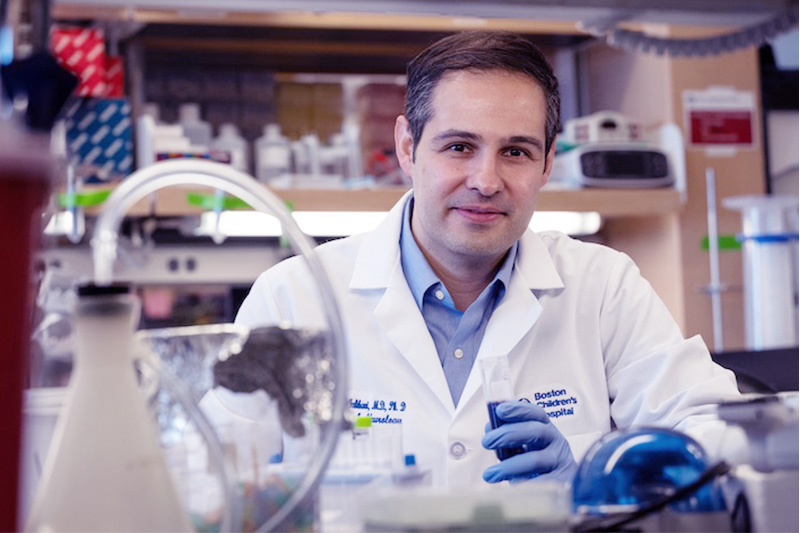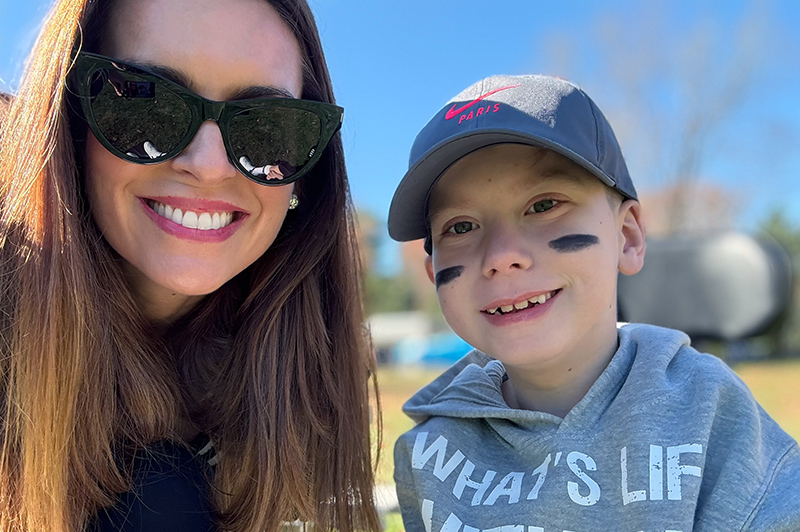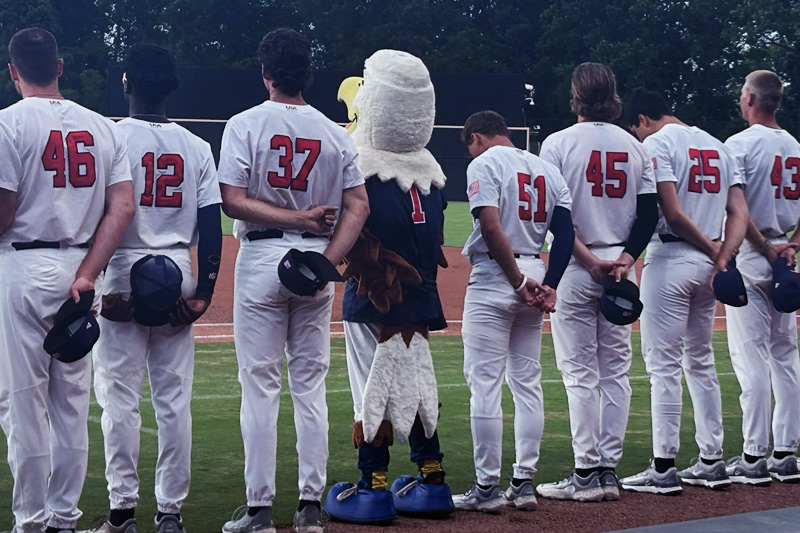Breadcrumb
- Home
- Programs & Services
- Cerebral Palsy and Spasticity Center
Programs & Services
The Cerebral Palsy and Spasticity Center at Boston Children's Hospital is one of the world's leading diagnostic and treatment centers for children with cerebral palsy (CP) and spasticity. Our clinicians have extensive experience in treating the full spectrum of cerebral palsy — from children with limited effects of the disorder to those with multiple complex medical issues. At our center, patients receive care from multiple providers in one day, which makes managing care easier on families and encourages collaboration and communication between caring physicians.
Our approach to cerebral palsy
The Cerebral Palsy and Spasticity Center at Boston Children's is one of the oldest and most comprehensive in the country and has been at the forefront of CP diagnosis and treatment for over 60 years. We address all aspects of CP-related health issues, offering both advanced surgical interventions and non-surgical therapies. Treatment options may include medical tone management (botulinum toxin injections and anti-spasticity medications), multi-level orthopedic surgery, selective dorsal rhizotomies (SDR), and the insertion of baclofen pumps for surgical spasticity reduction. We also offer combined rhizotomy (CR) for patients who are not candidates for baclofen pumps or wish to avoid pump hardware implantation.
Patients benefit from our specialized CP gait analysis lab, which uses multiple cameras to measure gait-pattern abnormalities and determine the most appropriate treatments. Because we treat some of the most medically complex and high-risk children with CP in the world, our team includes the unique support of complex care providers who specialize in children with multiple conditions associated with their diagnosis of CP. No matter what treatment your child receives, it will be part of a comprehensive, customized plan that takes all aspects of your child's physical, intellectual, and emotional requirements into account.
A focus on prevention
The Cerebral Palsy and Spasticity Center also includes a focus on prevention. Our doctors rigorously monitor symptoms of CP, such as progressive hip displacement and spinal deformity, to ensure proactive treatment and prevent further complications. Our team will screen for and monitor the many conditions associated with CP, such as chronic lung disease, feeding and nutritional challenges, drooling, seizure disorders, and developmental delays. Our team is with you for your child's entire journey and will eventually aid in your child's transition to adult care.

The journey to a treatment for hereditary spastic paraplegia
In 2016, Darius Ebrahimi-Fakhari, MD, PhD, then a neurology fellow at Boston Children’s Hospital, met two little girls with spasticity and decreased muscle tone in their legs, which affected their…

Thanks to Carter and his family, people are talking about spastic paraplegia
Nine-year-old Carter may be the most devoted — and popular — sports fan in his Connecticut town. “He loves all sports,” says his mother, Natalie. Whenever one of Carter’s buddies has a game,…

Cerebral palsy hasn’t stopped Irvin from living large
Irvin, now 18, became fascinated with sports mascots when he was a little kid. What did they do, and could he do that too? Anytime he had an appointment at the Cerebral Palsy and Spasticity Center at…

